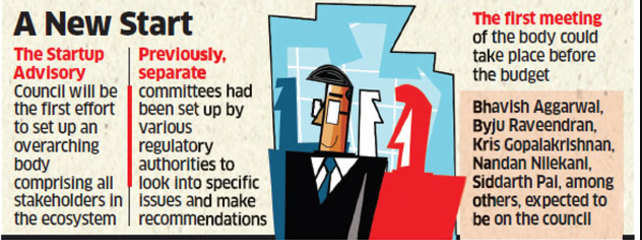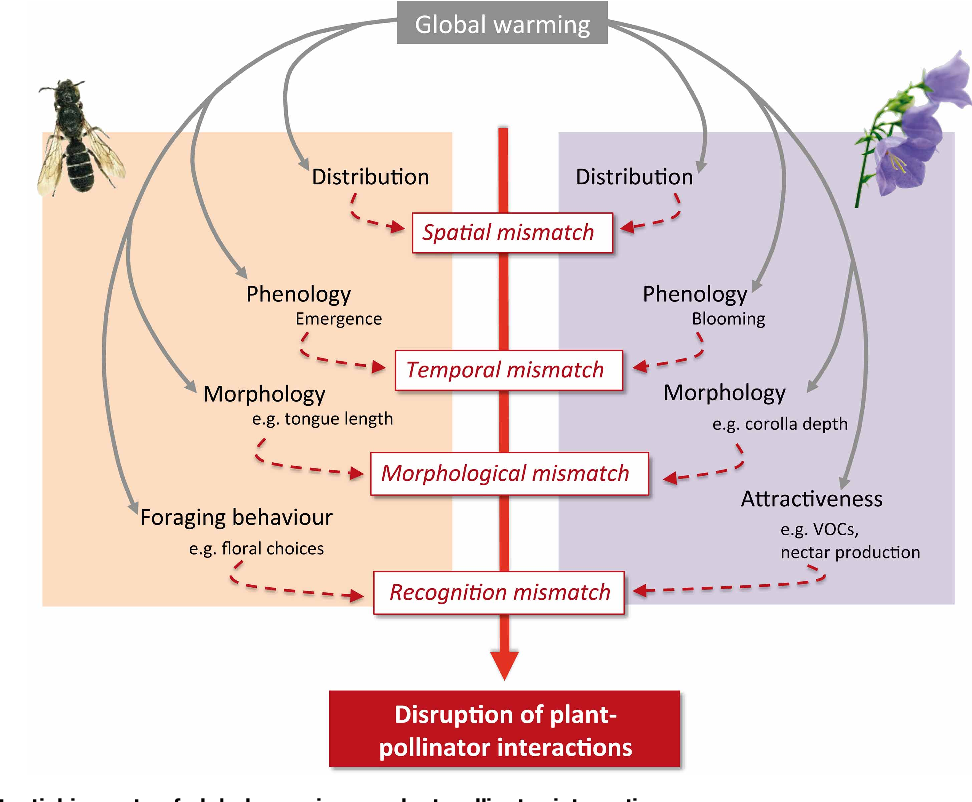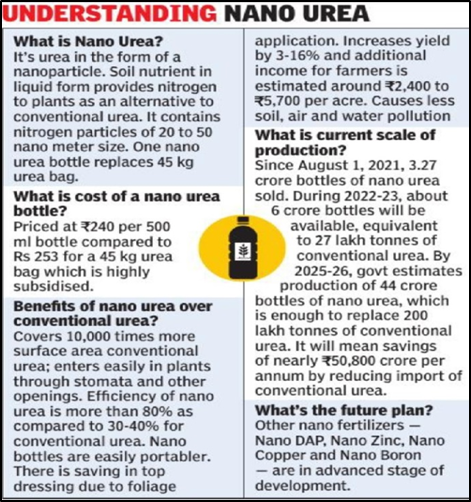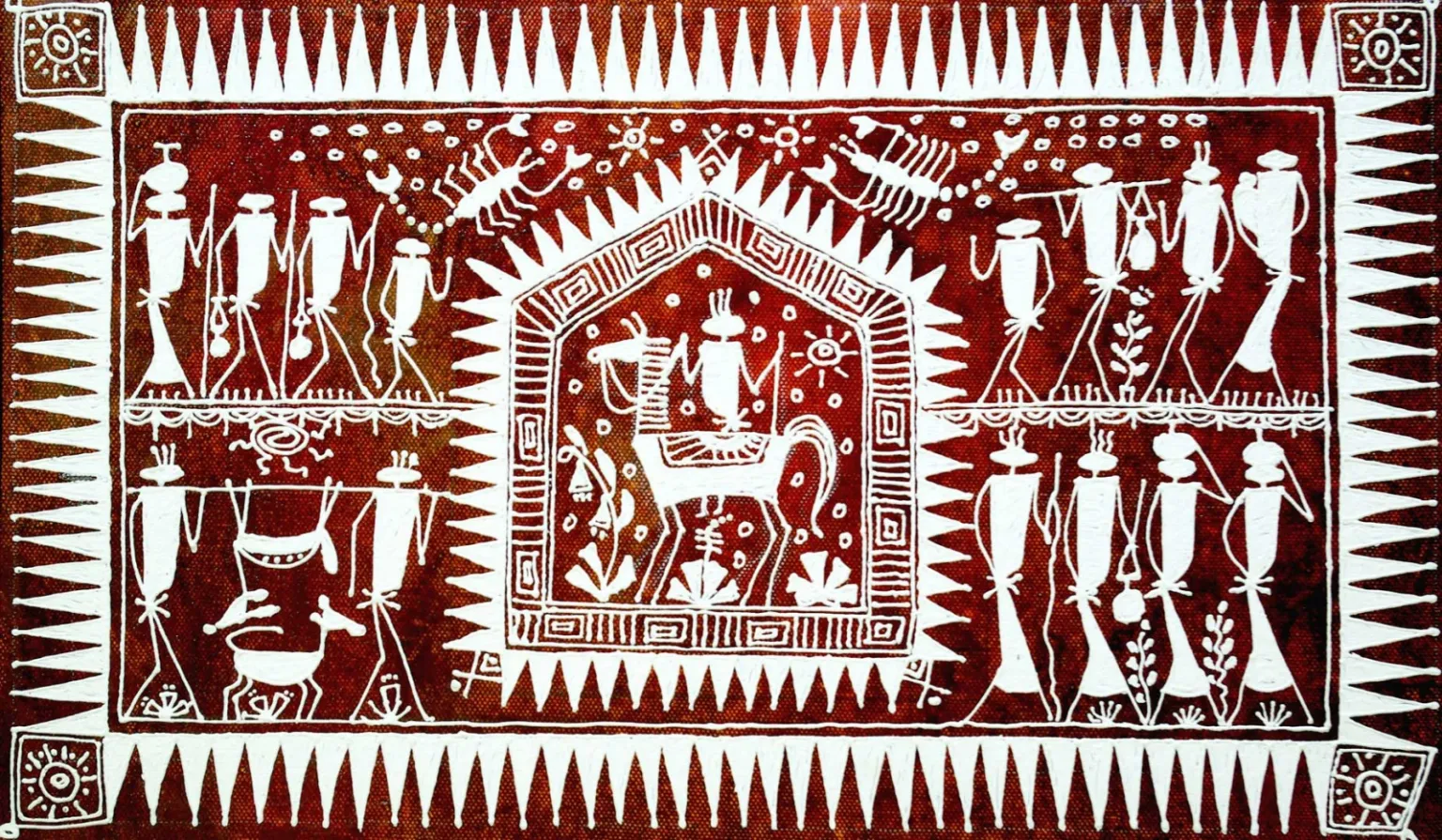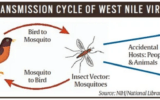
Thailand’s criticism on India’s PDS
Subscribers of "Current Affairs" course can Download Daily Current Affairs in PDF/DOC
Subscribe to Never Miss an Important Update! Assured Discounts on New Products!
Must Join PMF IAS Telegram Channel & PMF IAS History Telegram Channel
- Context (IE): Thailand has replaced its Ambassador to the WTO after India formally protested against her comments on India’s PSH (Public Stockholding) program.
Background
- The Thailand’s Ambassador criticised India’s rice procurement program (PDS).
- She suggested that India’s Public Distribution System (PDS) aims more at capturing the export market than benefiting the people.
- Tensions escalated between India and Thailand due to these comments.
- Consequently, Indian negotiators reportedly refused to participate in certain discussions where the Thai representative was present during the 13th Ministerial Conference of WTO in Abu Dhabi.
Cairns Group Concern
- The Cairns Group consistently challenges India’s PSH (Public Stockholding) program at the WTO.
- It claims that the program is heavily subsidized, distorting global food prices and harms the food security of other nations.
- The Cairns Group is also attacking the peace clause, triggered after India breached the de minimis limit.
- The interim peace clause was put in place in 2013 under the Bali Agreement to protect developing countries from being challenged for breach of subsidy levels.
- Thailand belongs to the Cairns Group, consisting of 20 nations.
Concerns regarding India’s PDS
- India has breached the de minimis limit in the case of rice.
- The WTO norms say that the support given should be within the 10% de minimis limit in the case of developing countries such as India.
- India informed the WTO that,
- The value of its rice production in 2019-20 was $46.07 billion.
- Subsidies given worth $6.31 billion or 13.7%, as against the permitted 10%.
- India’s argument:
- India has questioned the way subsidies are calculated at the WTO, saying it is calculated at a fixed and outdated 1986-88 price, which overestimates the subsidy. India is seeking to change it at the WTO negotiations on agriculture.
- India has been arguing that the subsidy that it provides is far less than what the US and EU give.
- Subsidy to Indian farmers: $300 per farmer.
- Subsidy to US farmers: $40,000 per farmer.
|
To know about the Agreement on Agriculture (AoA) in detail, visit > Agreement on Agriculture(AoA).





![PMF IAS Environment for UPSC 2022-23 [paperback] PMF IAS [Nov 30, 2021]…](https://pmfias.b-cdn.net/wp-content/uploads/2024/04/pmfiasenvironmentforupsc2022-23paperbackpmfiasnov302021.jpg)
